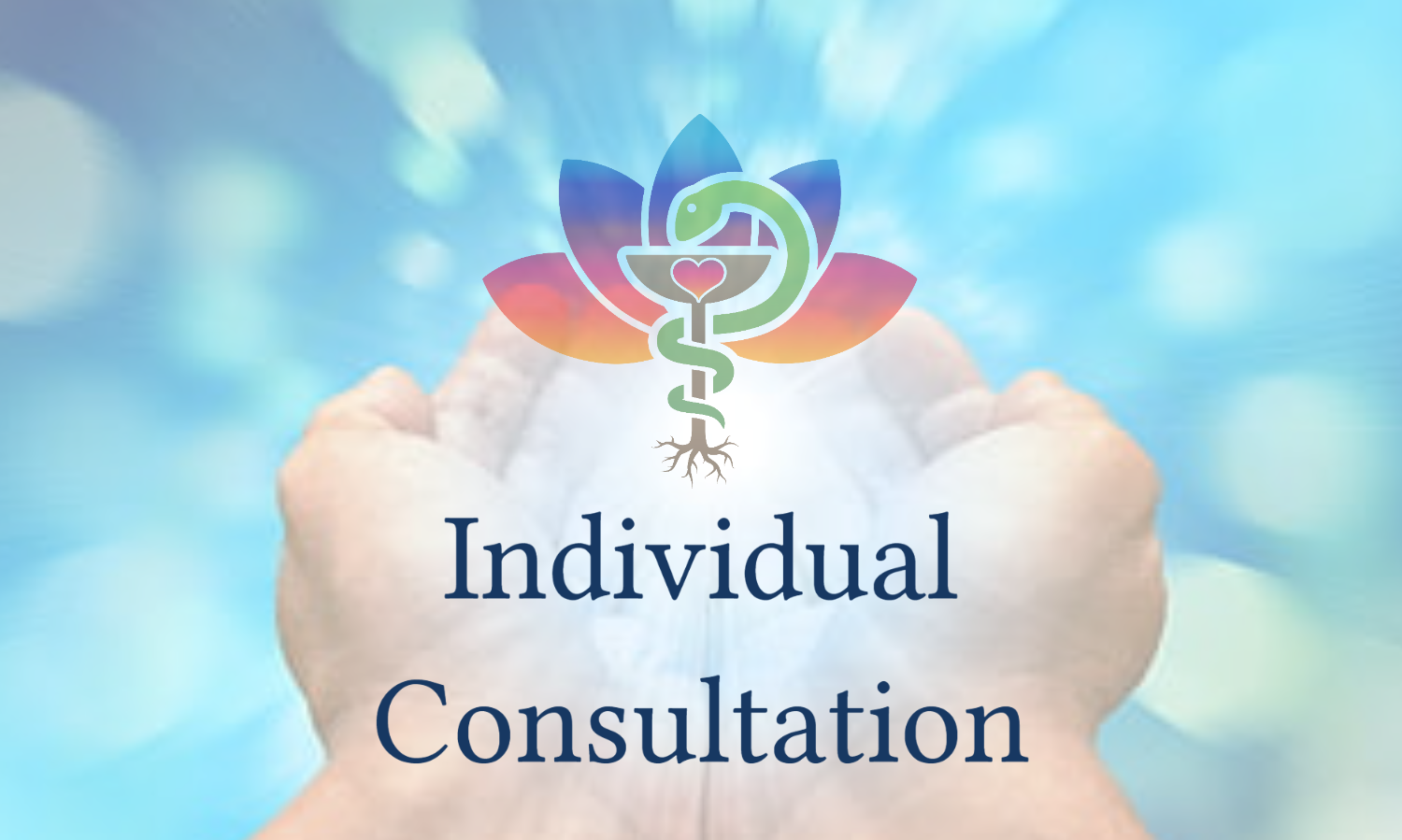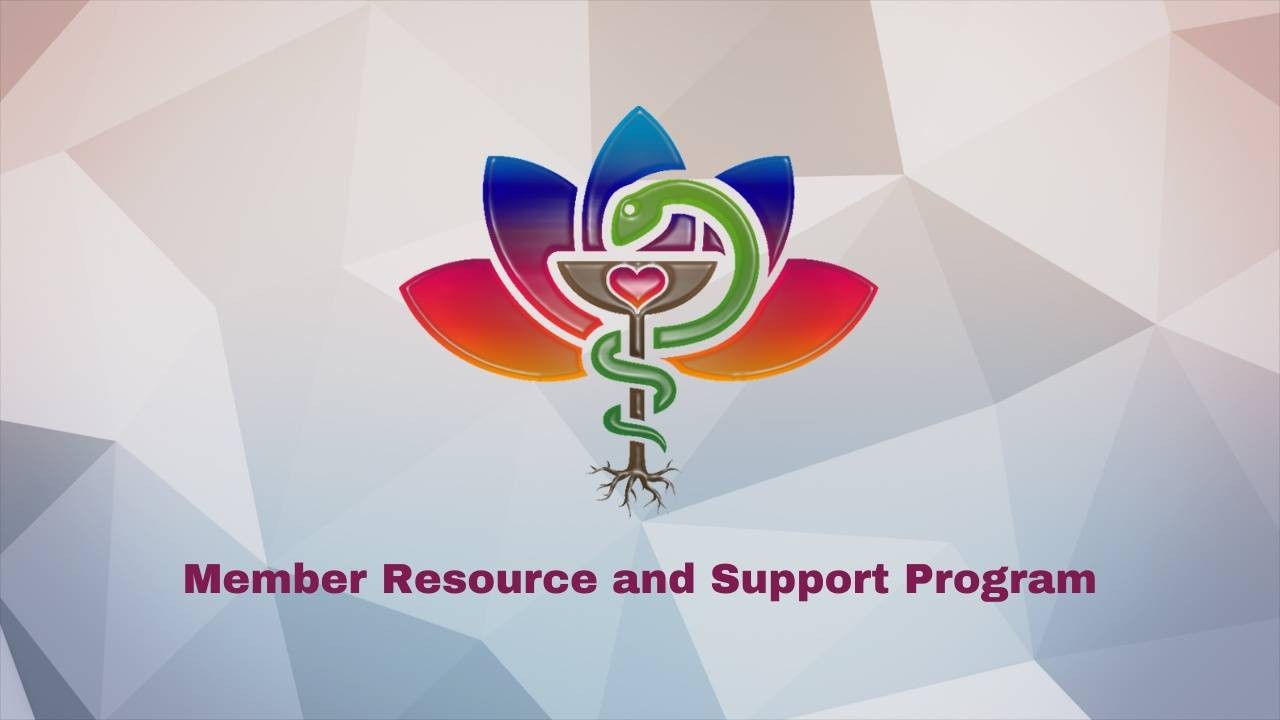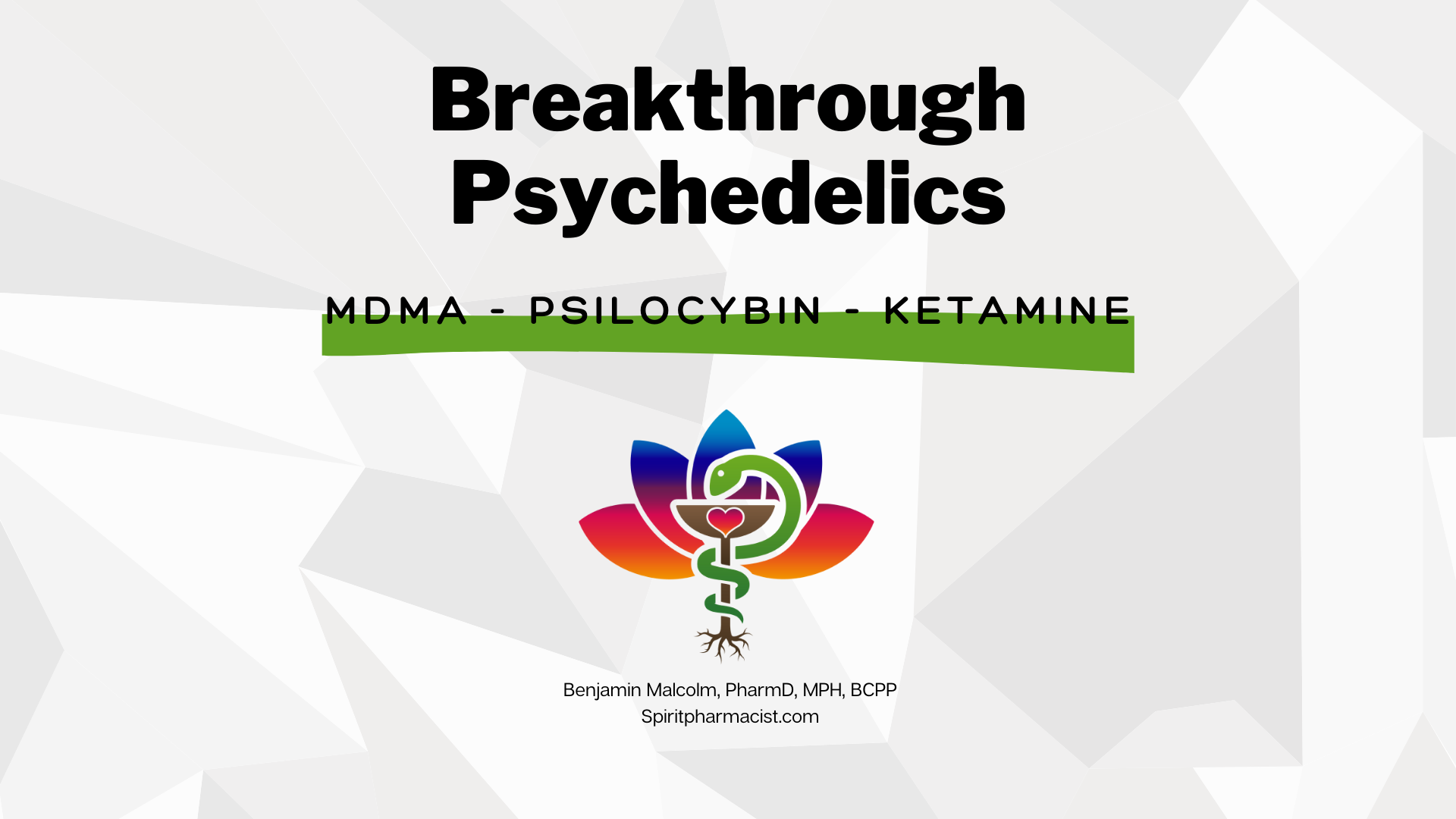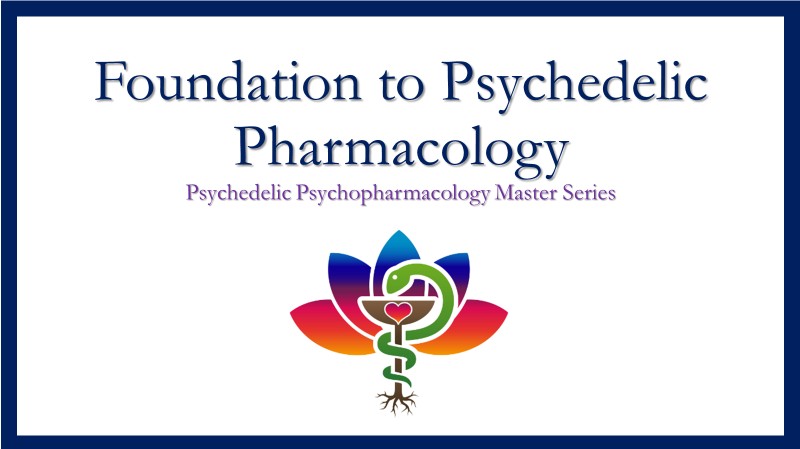Coping with Antidepressants and Psychedelics
Jan 10, 2021
Both traditional antidepressants and psychedelics work primarily on serotonin neurotransmission and have been found helpful in treating or managing mental illnesses such as depression, although they appear to leverage different sets of coping mechanisms. This finding could have major implications into our understanding of when or how we would want to use them:
Traditional serotonin blocking antidepressants (e.g. SSRIs, SNRIs) are known to produce longer term neuroadaptive changes to the brain over weeks to months resulting in an enhanced tolerance to difficult conditions. This has been termed ‘passive coping’ because it allows the user to deal with their life more effectively. This explanation aligns well with what persons tell me about antidepressants: When the effects are helping, they mention “I stopped having emotional outbursts or daily crying spells” or “I just wasn’t bothered by the little things as much.” When the effects are unfavorable, they mention “I felt numbed out, like I couldn’t experience my full range of feelings”. The commonality between the stories is that emotional sensitivity was decreased. My analogy for this type of coping is ‘Weathering the Storm’.
Psychedelics can produce almost immediate shifts in mood and are being discovered as ‘psychoplastogens’ or agents that increase the ability for the brain to re-mold itself. Used therapeutically, these effects may result in the modulation of negative core beliefs or effective processing of emotional traumas that drives psychopathology. When things work well the effects can catalyze processes of positive self-transformation. Persons may mention a peak psychedelic experience feeling like “a factory reset for my brain” or that “I was rewired”. This tends to lead to processes of identity restructuring in the time afterwards. When things go sideways the user may feel that trauma was activated without resolution, leaving the user in a hypersensitive and challenging emotional state. The commonality is that emotional sensitivity was increased. My analogy for this type of coping is “Transformation and Change” (metamorphosis).

Keep in mind we are talking about serotonin; one of the most ancient, enigmatic, and complex of neurotransmitter systems. Any discussion we have at this stage is reductionist. For example, the paper this information was taken from focuses on comparing actions of drugs at 5HT1A vs 5HT2A receptors, yet there are a dozen other types of serotonin receptors cut out of the picture [1]. Healthy to take with a pinch of salt 😊
Use of psychedelics to catalyze transformation and change is not new. For example, traditional cultures have utilized psychedelics during rites of passage. Placed within our model of psychedelics as agents of adaptive change, use during times of life that naturally demand a high degree of adaptation may be advantageous. Another example of psychedelic use to aid in situational transition or change are those using psychedelics for existential anxiety associated with life-threatening illness.
Psychedelics are being explored for treatment of alcohol use disorder and quitting cigarettes, which ultimately involve habitual change and reduction of behaviors negative for health. Depression and anxiety are thought of as bio-psycho-social-spiritual illnesses due to the complex interaction between persons and their environment giving rise to symptoms of illness. It is often the situational circumstances (psychosocial stressors) of one’s life that precipitates or makes illness worse. Life presents challenging circumstances and most suffer to different degrees at certain junctures: The coping mechanisms employed during times of hardship range anywhere from healthful and promoting problem solving to toxic and promoting our demise.
The neuroscientific elucidation of psychedelics as agents that foster adaptive coping has the potential for application across a diverse variety of illnesses and life situations. Psychedelics are far from panaceas or magic bullets for ‘bad habits’ and do not automatically cause any shift in behavior, situation, or psychological perspective. There is much to be said for motivation and readiness for change that is prerequisite for sustained positive change. However, effects of psychedelics could increase the probability of positive change occurring or help clarify ambivalence that creates resistance to change. Supportive psychotherapy or psychedelic integration coaching can also increase the chances of sustained positive change.
Over the past 30 years we’ve been able to observe the effects of SSRI antidepressants in clinically depressed, anxious, or traumatized populations. Overall, we’ve observed modest benefits (small effect size) and increasing chronic use without reductions in persons experiencing the mental illnesses the medications are designed to treat. There are many times when increasing emotional sensitivity may not be desirable due to toxic life circumstances, however is it an optimal strategy to ‘weather the storm’ one’s entire life? This is not supposed to demonize antidepressants, argue positive transformations cannot be made with antidepressant use, or suggest they’re numbing agents that retard personal growth. On the contrary, my hope is that we learn to apply agents that enhance the right coping mechanisms at the right times to achieve the goals and fulfill the intentions of the user.
Reference
[1] Carhart-Harris RL, Nutt DJ. Serotonin and brain function: a tale of two receptors. J Psychopharmacol. 2017 Sep;31(9):1091-1120. doi: 10.1177/0269881117725915. Epub 2017 Aug 31. PMID: 28858536; PMCID: PMC5606297.
Join the Spirit Pharmacist Mailing List
Stay in touch to receive updates on new blogs, courses, special offers, and more. Don't worry, your information will not be shared.








